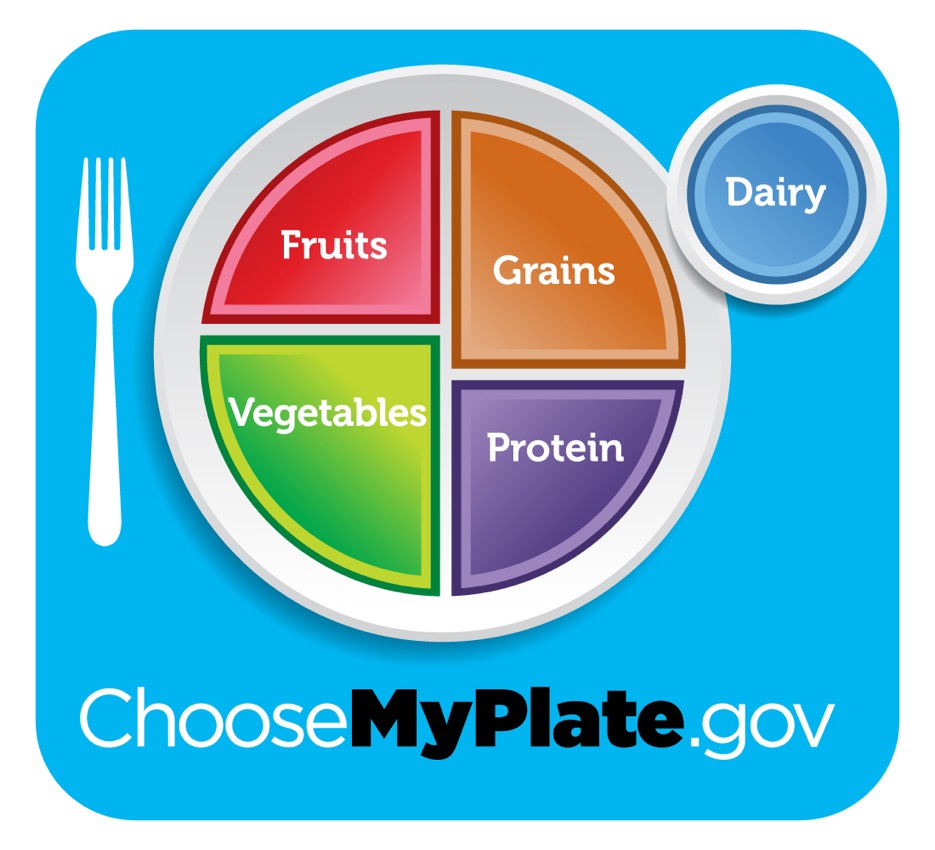
The American diet, heavy in protein but light in fish, lean meats, legumes and whole grains, has long been faulted by experts for our expanding waistlines and increasing rates of preventable disease. A study released today is further confirmation of the health risks of one element of that diet – red meat.
The study, conducted by researchers at Harvard’s School of Public Health and published in the Archives of Internal Medicine, follows a significant body of research suggesting that red meat is connected to increased risk of diabetes, heart disease and certain cancers.
But the research released today looked specifically at the possible effects of red meat consumption on overall mortality risk and found a connection.
Eating red meat daily, researchers say, was connected to higher risk of mortality overall, as well as higher risk of death from cancer and heart disease.
And the portions of red meat that lead to the increase were pretty small, says lead author An Pan, a research fellow at the Harvard School of Public Health.
A very small amount of red meat – that’s a 3 ounce serving, the size of a deck of cards, of beef, pork or lamb – increased risk of mortality by 13 percent.
“The amount of processed red meat is even smaller,” Pan says. One hot dog or two slices of bacon daily, for instance, increased risk of mortality by 20 percent.
“If you eat one more hot dog a day than your friends, you have a higher mortality risk in the next 20 to 30 years,” Pan says.
So should you stop eating red meat? No, Pan says, but limiting it is a good idea. “In the general population, people eat a lot of red meat,” Pan says. That means even more than one small serving a day, the amount shown to have an impact on mortality risk.
“Try to reduce red meat consumption to two to three servings a week,” Pan says. Cutting out processed red meat altogether is probably a good idea, he adds.
And what foods we substitute for red meat in our diet is important too, Pan says. Eating more white rice in place of red meat, for instance, is probably not a good idea.
“Replace it with healthy alternatives,” Pan says. That means fish, poultry, nuts, legumes and whole grains. Each of these healthier choices was associated with a decreased risk of mortality in the study.
The research drew on observational data from the Health Professional Follow-Up Study and the Nurse’s Health Study. Data from about 37,700 men and 84,600 women were analyzed in the study. Researchers estimate that 9.3 percent of deaths in men and 7.6 percent of deaths in women could have been prevented if all the participants had eaten less than half a serving of red meat daily throughout the study period.





